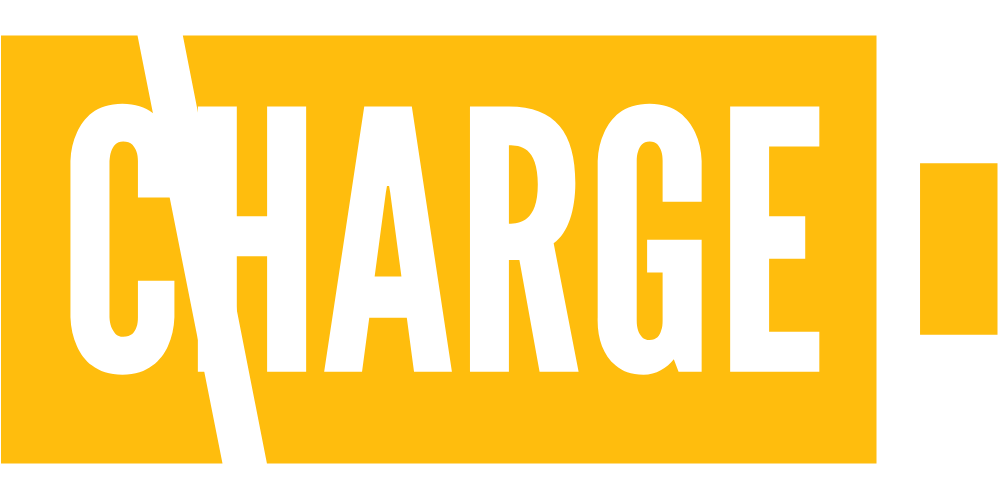PRINCIPLES
CHARGE members endorse the following set of principles for decision makers to develop smart zero-emission vehicle policies.
The Coalition Helping America Rebuild and Go Electric (CHARGE) is an alliance of stakeholders dedicated to a zero-emission, affordable, accessible, and sustainable transportation future. Its membership includes environmental, labor, health, equity, transit, clean energy, consumer advocacy, and civic organizations promoting electric vehicle transportation, increasing clean mobility options, and reducing the need to drive. Advancing these complementary strategies while supporting future business and technological innovations will rapidly reduce air and climate emissions and achieve better environmental, equity, and economic outcomes. Our work and advocacy prioritizes communities that have historically suffered disproportionate burdens and inadequate benefits from investments in the transportation system.
MULTIMODAL TRANSPORTATION
Multimodal transportation – including walking, biking, public transit, electric micromobility (e-bikes and e-scooters), and electric car-share – provides essential, affordable, active, and environmentally friendly mobility. Such means of mobility improve air quality by reducing emissions and other environmental impacts, while improving and providing more affordable access to everyday needs and jobs without needing to own a car. Working with communities to prioritize their needs, our work and advocacy supports:
Investments that expand high-quality and clean transit services across the country
Transit-oriented development
Providing appropriate transportation options guided by needs and reflecting diverse priorities
Robust stakeholder engagement, education, and outreach
Investments that maintain and expand high-quality job opportunities associated with transportation infrastructure investment, especially in manufacturing, construction, maintenance, and operations, paired with strong workforce development and training programming
Filling public transit service gaps with appropriate modes of transportation, including e-micromobility and EV car share programs
Land use and street designs that facilitate safe travel for all people, especially those walking, biking, & using micro mobility options
MEDIUM- AND HEAVY-DUTY VEHICLES
Medium- and heavy-duty vehicles (MHDVs) are major sources of both greenhouse gas emissions and toxic air pollution. Policies to eliminate tailpipe emissions and oil use from this sector are essential to improving public health outcomes and addressing the climate crisis. We advocate for policymakers to engage closely with communities most impacted by MHDV pollution and maximize benefits to create or maintain high-quality manufacturing jobs utilizing clean technological manufacturing advancements. Businesses will play a critical role in deploying zero-emission MHD vehicles. Supportive policies for private sector fleets can accelerate this transition. Our work and advocacy supports:
Technical assistance and incentives for vehicles and infrastructure including small fleets and first and last-mile deliveries
Robust community and stakeholder engagement, education, and outreach
Planning for utility-related needs, including distribution-level load forecasting, proactive grid upgrades, and leveraging grid benefits that MHDVs uniquely deliver
Maximizing domestic manufacturing and high-quality jobs to ensure workers building HDVs, and the communities they live in, are among the central beneficiaries of the transition to a cleaner HDV sector
Seeking out opportunities to reduce emissions and oil demand from existing vehicles
Policies that reduce distances traveled by HDV fleets more broadly while transitioning shorter, urban freight deliveries to electric micromobility, where applicable
EV CHARGING INFRASTRUCTURE
We advocate for EV charging infrastructure to be convenient, serve all communities, and support multiple modes of transportation, including cars, trucks, buses, and micromobility. A sustainable transition to EVs requires charging infrastructure to be installed where people live, work, and travel, including in communities burdened by transportation pollution and lacking access to public transit infrastructure. It is important for products to be manufactured here in the U.S. when possible. EV charging supply chains, installation, and maintenance should support high-quality jobs that pay community-sustaining wages, and ensure that workers have the free and fair choice to join or form a union. Our work and advocacy supports:
Community education, outreach, and technical assistance for the installation of charging infrastructure
Affordable charging rates for all modes of electric transportation, including in multi-family housing. This includes equal access to resources, services, and materials about rates and technology
Worker training and education for jobs in EV charger manufacturing, installation, and maintenance
Innovative yet adaptable siting of EV chargers that ensures both safe, walkable access to services and convenient access to charging, such as mobility hubs. New EV infrastructure sited in publicly accessible areas– including curbside charging – that can be used in conjunction with multiple transportation modes – such as transit and micromobility
Working with electric grid operators, utilities, and their regulators, informed through community engagement, to ensure effective vehicle-grid integration practices, plan and implement sufficient grid capacity to serve charging sites, expedite the integration of renewable power resources, and enhance grid resilience
Decoupling residential EV charging infrastructure from parking minimums and other policies that excessively allocate dense urban space to car storage
The update of building codes in multi-family housing to require that any new and updated parking facilities provide affordable access, at regulated utility-rates, to electric service at parking spaces
Continued support for innovative technologies that address gaps in current EV charging infrastructure
High-quality jobs for the manufacturing workers who will build EV charging infrastructure, and the trade workers who will install, operate, and maintain it

